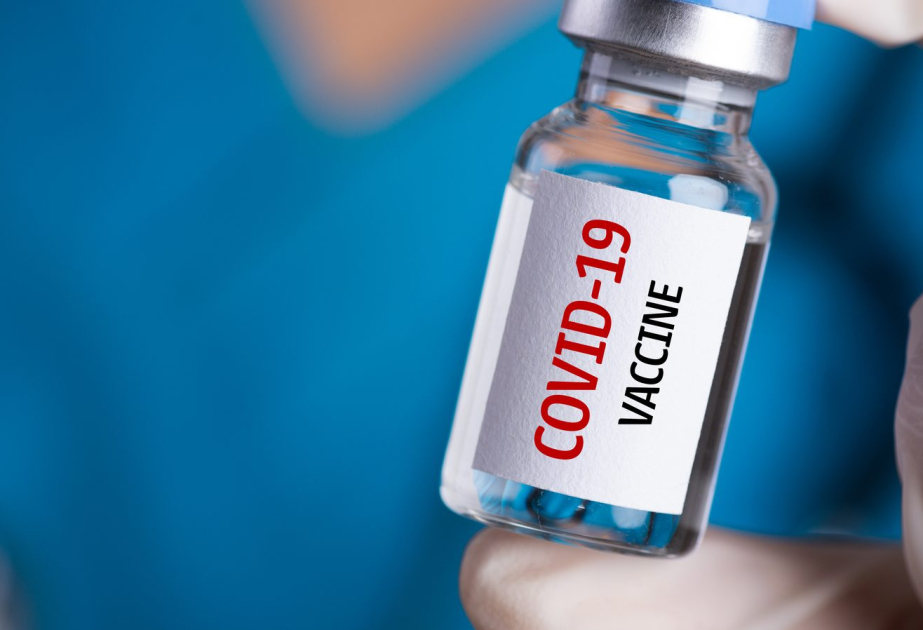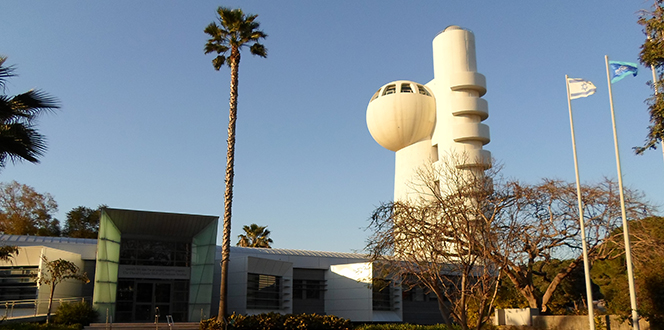The Korean government will begin a vaccination program for older adults and other high-risk groups to counter the latest variant of COVID-19, according to the Korea News.
According to the Korea Disease Control and Prevention Agency (KDCA), Friday, it is scheduled to start its immunization program on Oct. 11 with Pfizer and Moderna vaccines to help people strengthen their immune systems against KP.3, a new dominant COVID variant in recent weeks. This campaign will continue until April 30, 2025.
The vaccines intended for the campaign were specifically designed to target the JN.1 strain. They will be more effective against KP.3, a descendant of that COVID variant, than other vaccines used for previous campaigns, according to KDCA officials.
The vaccine developed by Novavax is also under the review of the Ministry of Food and Drug Safety for approval, they added.
This move comes as the number of COVID-19 cases is falling after a surge between July and August.
The KDCA’s data shows that the number of COVID patients admitted to 220 designated hospitals nationwide was 549 during the first week of September, compared with this year’s weekly peak of 1,452 three weeks ago.
Meanwhile, the number of patients who had visited emergency rooms decreased from 13,451 to 2,831.
For high-risk groups, it is important to receive booster shots every year to effectively protect themselves from new COVID variants, KDCA Commissioner Jee Young-mee said in a press briefing.
Among people aged 65 or older, only 41.3 percent received booster shots against COVID-19 in 2023. Officials say they will step up efforts to increase the rate this year.
One of their plans is to offer people to get vaccinated against seasonal influenza and COVID-19 on the same day. Given that more than 82 percent of the people received flu vaccines last year, officials believe this could help encourage older adults to also get COVID shots as well.
In response to an inquiry by the Korea Times last month, an official said nearly 72 percent of people aged 65 or older were expected to receive the updated COVID-19 vaccines once they become available, citing the result of a survey conducted last year.
Those aged 65 or older and employees at facilities more vulnerable to outbreaks of the virus, such as nursing homes and rehabilitation centers for people with disabilities, can receive the shots free of charge.
Younger people and employees who don’t work at such facilities can also receive the shots if they pay. The price will be announced after the end of the government’s negotiations with the vaccine providers.


















